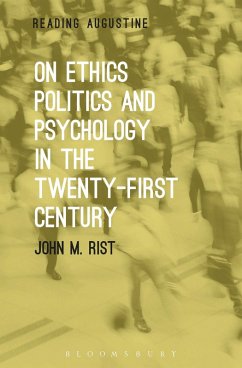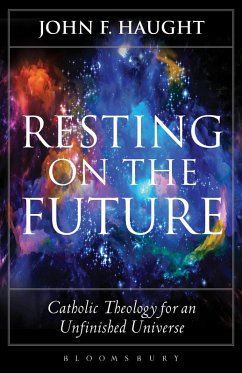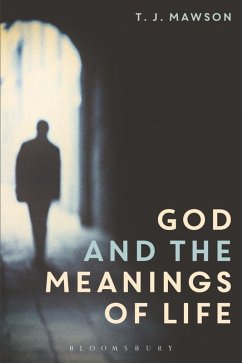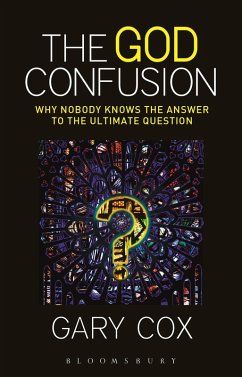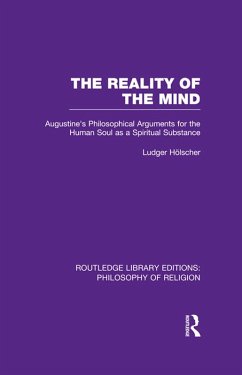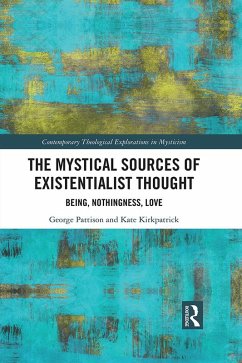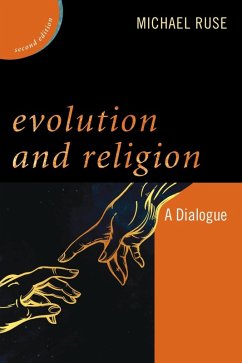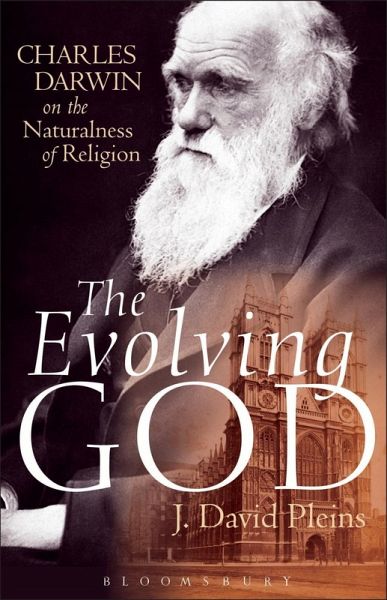
The Evolving God (eBook, ePUB)
Charles Darwin on the Naturalness of Religion

PAYBACK Punkte
13 °P sammeln!
In focusing on the story of Darwin's religious doubts, scholars too often overlook Darwin's positive contribution to the study of religion. J. David Pleins traces Darwin's journey in five steps. He begins with Darwin's global voyage, where his encounter with religious and cultural diversity transformed his understanding of religion. Surprisingly, Darwin wrestles with serious theological questions even as he uncovers the evolutionary layers of religion from savage roots. Next, we follow Darwin as his doubts about traditional biblical religion take root, affecting his career choice and marriage ...
In focusing on the story of Darwin's religious doubts, scholars too often overlook Darwin's positive contribution to the study of religion. J. David Pleins traces Darwin's journey in five steps. He begins with Darwin's global voyage, where his encounter with religious and cultural diversity transformed his understanding of religion. Surprisingly, Darwin wrestles with serious theological questions even as he uncovers the evolutionary layers of religion from savage roots. Next, we follow Darwin as his doubts about traditional biblical religion take root, affecting his career choice and marriage to Emma Wedgwood. Pleins then examines Darwin's secret notebooks as he searches for a materialist theory of religion. Again, other surprises loom as Darwin's reading of Comte's three stages of religion's development actually predate his reading of Malthus. Pleins explores how Darwin applied his discovery to the realm of ethics by formulating an evolutionary view of the "Golden Rule" in his Descent of Man. Finally, he considers Darwin's later reflections on the religion question, as he wrestled with whether his views led to atheism, agnosticism, or a new kind of theism. The Evolving God concludes by looking at some of the current religious debates surrounding Darwin and suggests the need for a deeper appreciation for Darwin as a religious thinker. Though he grew skeptical of traditional Christian dogma, Darwin made key discoveries concerning the role and function of religion as a natural evolutionary phenomenon.





